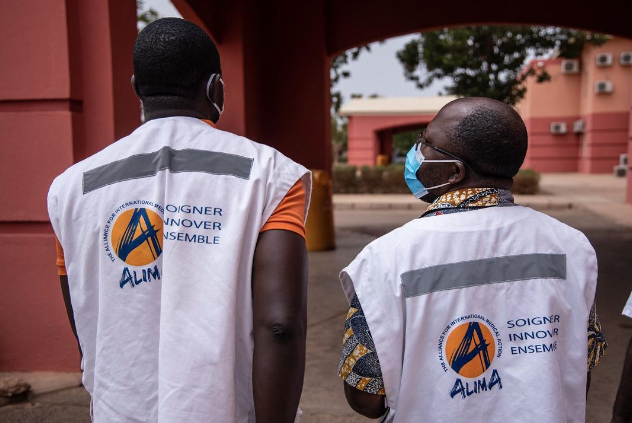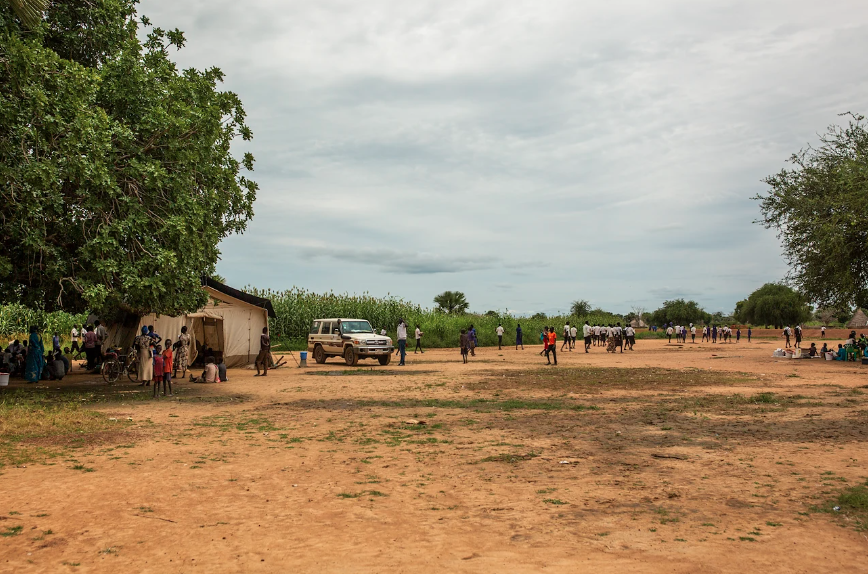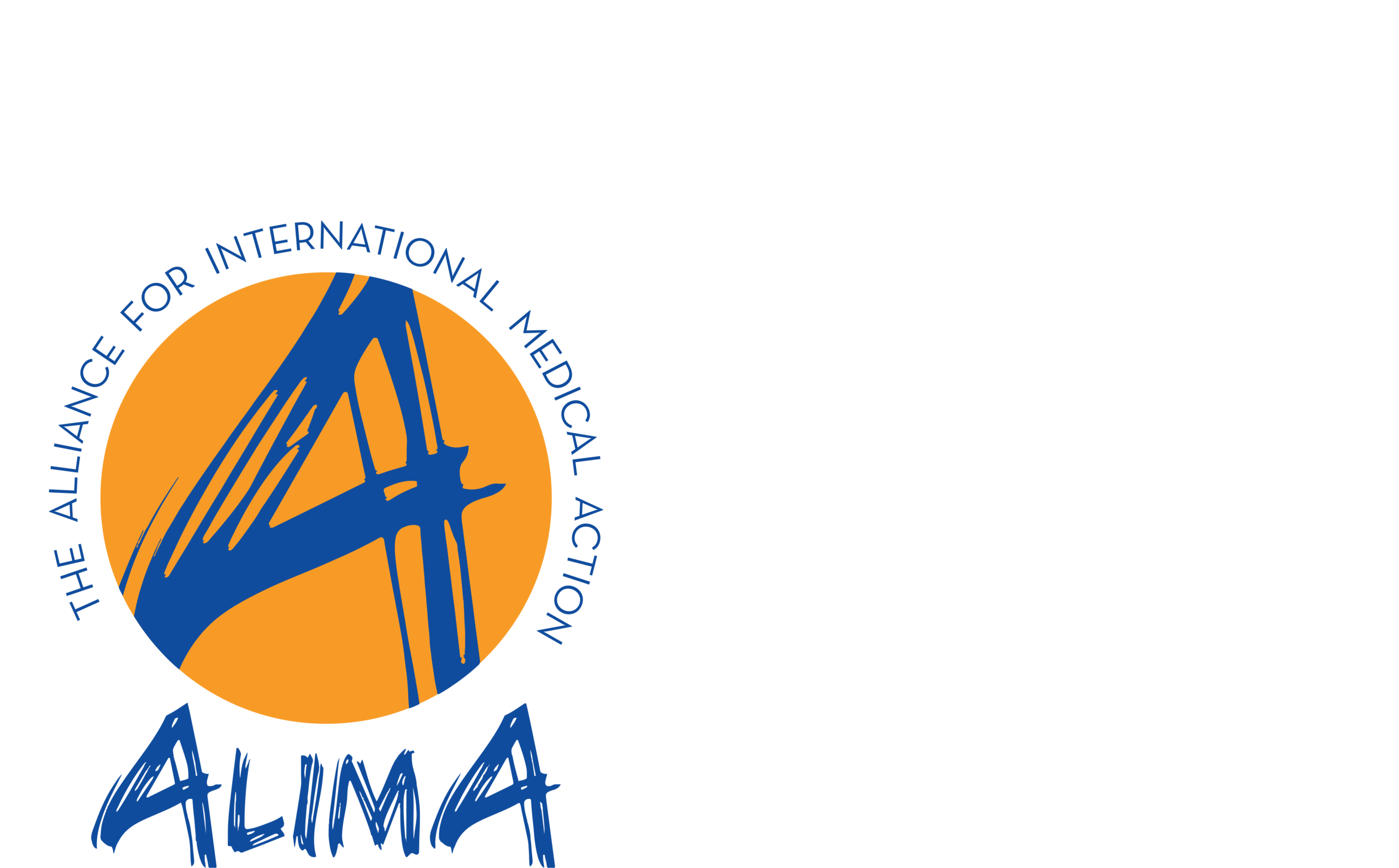Alliance for International Medical Action
ALIMA (The Alliance for International Medical Action) is an international medical humanitarian NGO based in Dakar, Senegal, that has been saving lives for over 12 years in emergency situations and health crises in Africa. The ALIMA model is an alliance between doctors, local NGOs, and researchers, based on co-construction. Its ambition is to transform humanitarian medicine by promoting research and innovation to increase the effectiveness of its actions and better protect populations from tomorrow’s health crises.
Since the creation of ALIMA in 2009, more than 10 million patients in 14 countries have been treated and more than 30 research projects have been launched – notably on malnutrition, maternal and child health, malaria, Ebola, and COVID-19 – an action rewarded by several international awards.

Partnership with the Climate Action Accelerator
As our first partner and pilot project, ALIMA joined the Climate Action Accelerator in early March 2021, with the signing of a multi-year partnership agreement to operationalise its environmental goals. The collaboration started with working on the definition of on the roadmap methodology in January 2021, followed by a series of participatory workshops from March to June 2021 in order to define precisely the priority solutions for adapting the organisation’s practices, the necessary means and a realistic trajectory for reducing its GHG emissions.
The first workshop in March 2021, focused on good practices, the footprint hypothesis and a first exploration of solutions. ALIMA’s carbon footprint report was published in July 2021, and the environmental roadmap was finalised and shared in December 2021. 2022 marked the start of its operationalisation phase.
Environmental commitment
In Octobre 2020, ALIMA integrated the environment in its charter:
We are aware that our practices and activities may deteriorate the quality of the environment in general, and that of the patients and communities to which we dedicate our actions in particular. This is why we are committed to minimizing our environmental footprint. Wherever possible, without compromising our humanitarian medical mission, we encourage sustainable, resilient practices and promote them to our partners. We are accountable for our environmental impact and transparent about our progress. Excerpt from the ALIMA Charter, 17 October 2020 amendment
Environmental approach

The impact of climate change requires a radical awareness and a change in the way we work, by further strengthening the localization of solutions, actions, and decisions, and by anticipating the increased needs related to these crises. It is essential to think about emergency humanitarian action and environmental emergencies together.
Henri Leblanc, Deputy Chief Executive Officer, ALIMA
Resources
Published Roadmaps

Cover photo © Patrick Meinhardt/ALIMA, South Sudan.

